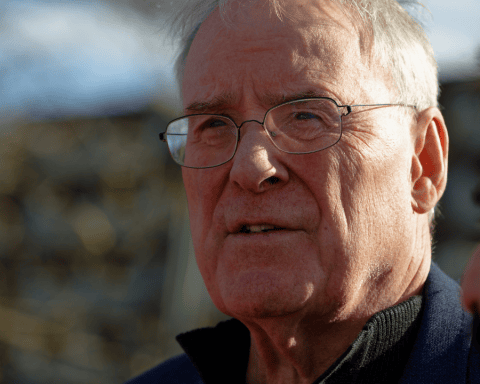The Canadian Ombudsperson for Responsible Enterprise (CORE) seemed a great idea when it was proposed by the Liberal government in Ottawa in 2018.
The new agency, touted as the first of its kind in the world, would supposedly shine a light on alleged human rights abuses by Canadian companies at their foreign operations. Whether investigating the use of forced labour in China’s Xinjiang region, starvation wages at Bangladeshi sweatshops or sickness caused by pollution from mining operations in the Amazon, CORE would bring offenders to heel and help ensure that conditions improved.
Alas, it hasn’t turned out that way.
There has been no shortage of complaints to CORE – 26 in all between March 2021 and early 2023, most of them centred on the use of forced labour by garment companies in China. Yet, as a Globe and Mail investigation found, the agency had not closed the books on a single case as of April 2023. Of the 26 cases brought to its attention, eight were deemed inadmissible, two were withdrawn, and the admissibility of one was still being reviewed. Not one of the remaining 15 had moved beyond the “initial assessment” stage, according to CORE’s latest quarterly report, even though the agency aims to complete that assessment within 90 days. (Besides the Chinese cases, one relates to a company operating in Honduras and another to a company in Bangladesh.)
The agency has been hobbled in a number of ways. The government has backed away from its initial promise to give CORE investigative powers, such as compelling companies to produce relevant documents. Also, CORE has no way of enforcing whatever conclusions its investigations may come to, and its activities remain confined to just three sectors: mining, oil and gas, and garment manufacturing.
An advisory council on responsible business conduct, designed to work in collaboration with CORE, collapsed in mid-2019 when 14 members representing human-rights organizations and labour unions quit on the same day, saying they had lost confidence in the government’s commitment to corporate accountability. CORE’s latest annual report makes no mention of reviving the panel.
“We’re very disappointed right now,” Ketty Nivyabandi, secretary-general of Amnesty International Canada, told the Globe earlier this year. “This is not what we had advocated for. We’re not recommending the office to communities that we engage with.”
The agency defended itself in its last annual report by noting that much of its work has “an iceberg effect,” with companies often making long-lasting undertakings that remain “under the surface for a period of time” – an assertion strangely at odds with its early promise of transparency.





